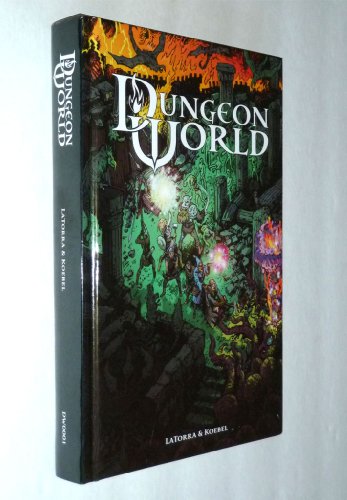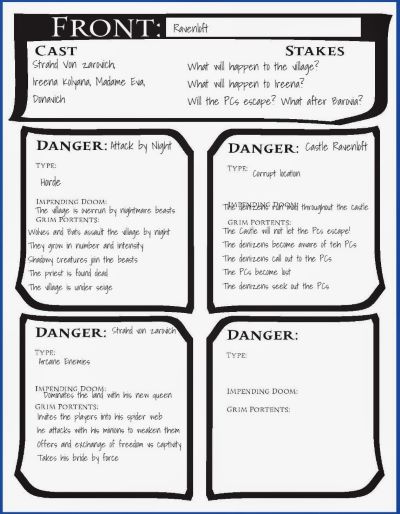Last April saw a group of friends made their way to rural WA for MartyCon 2025, a weekend of gaming shenanigans. Getting away from everything and focusing on games and laughing with your mates is such a great thing to do. It didn’t take much to organize and let us all take turns running games and exploring systems that we hadn’t tried before.
Much like last time we had some incredibly creative sessions including:
- New Zealand game inspired by the Peter Jackson film Bad Taste. Kiwi accents were mandatory.
- Wild West Horror game involving pioneers finding that an evil cult has taken their refuge. Betrayal and sacrifices, holy guardians and gun fights. Very cinematic!
- The Raid miniatures skirmish for 8 people. The Gangers thrashed the Enforcers. for a description of the game check out my post on the game design.
- Harrowing submarine horror game based on the zine Crush Depth Apparition. Incredibly creepy and unsettling.
- Paranoia, a game of dystopian future frustration and clone death…
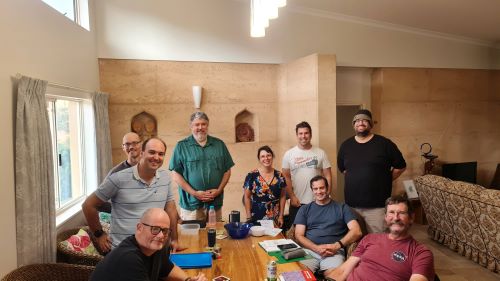
As you can see we had a broad variety of games. We also played board and card games throughout the weekend, went for walks and generally chilled out. The perfect mini break based on mates and gaming!
The Raid Synopsis
I was planning on running two miniature skirmish games, but unfortunately we only had time for one. So we ended up playing the Raid. This asymmetric wargame saw five underhive gangs take on three well disciplined Arbites (law) fire teams.
The game ended up being a real nail biter. The Arbites teams were dominating during the first half, basically trapping any over eager gangers. However, the gangs started working together pretty quickly and ended up swamping the Arbites patrol and winning by a huge margin.
The game was great fun and everyone stayed involved and engaged. However, having 8 players at the table was only just manageable and I think stretched the ruleset a little too much. If I have that many players next year I would split the battles over three separate boards with the outcomes all adding to the story of an overall conflict. I’m already thinking about a desperate siege. Battles could include, destroy the bridge to prevent reinforcement, silence the battery and break the line. Perhaps we need another MartyCon sooner rather than later.
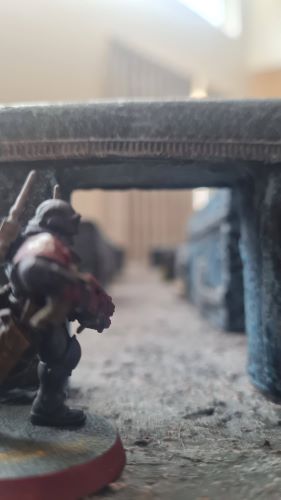
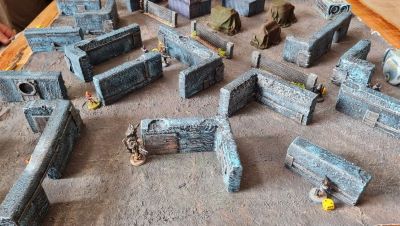

Run Your Own Con
Why am I writing this you might ask? If you are part of a group of friends who enjoy playing games together why not run a mini con together. Grab an AirBnB, get everyone to chip in for food and you’re sorted.
Everyone has games that they want to play but have never had the chance to run. Well now’s your chance. Have a friend who’s always wanted to DM, give them a shot. As you can see above our games are very varied and all run by different people. It’s the perfect time to experiment.
Start small. The first MartyCon only had 5 attendees. But it was a great weekend that spawned a great tradition amongst our gaming groups. So grab some friends, plan some games and create a Con. I can almost guarantee you’ll have a great time!!
MartyCon 2025
All in all a fantastic weekend. So jam packed with games and laughter that I was absolutely exhausted by the time I got home on the Sunday afternoon.
Let me know if you are running your own mini Con. I’d love to hear what works for your group.


